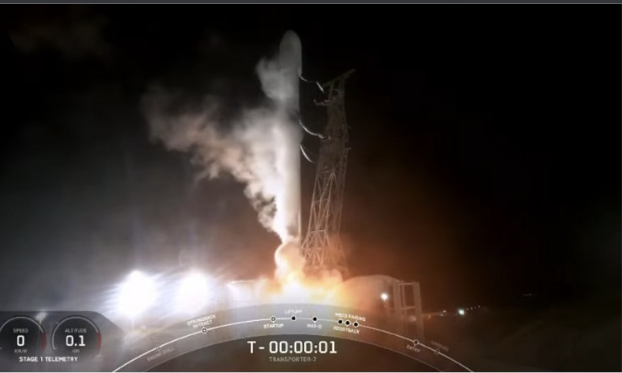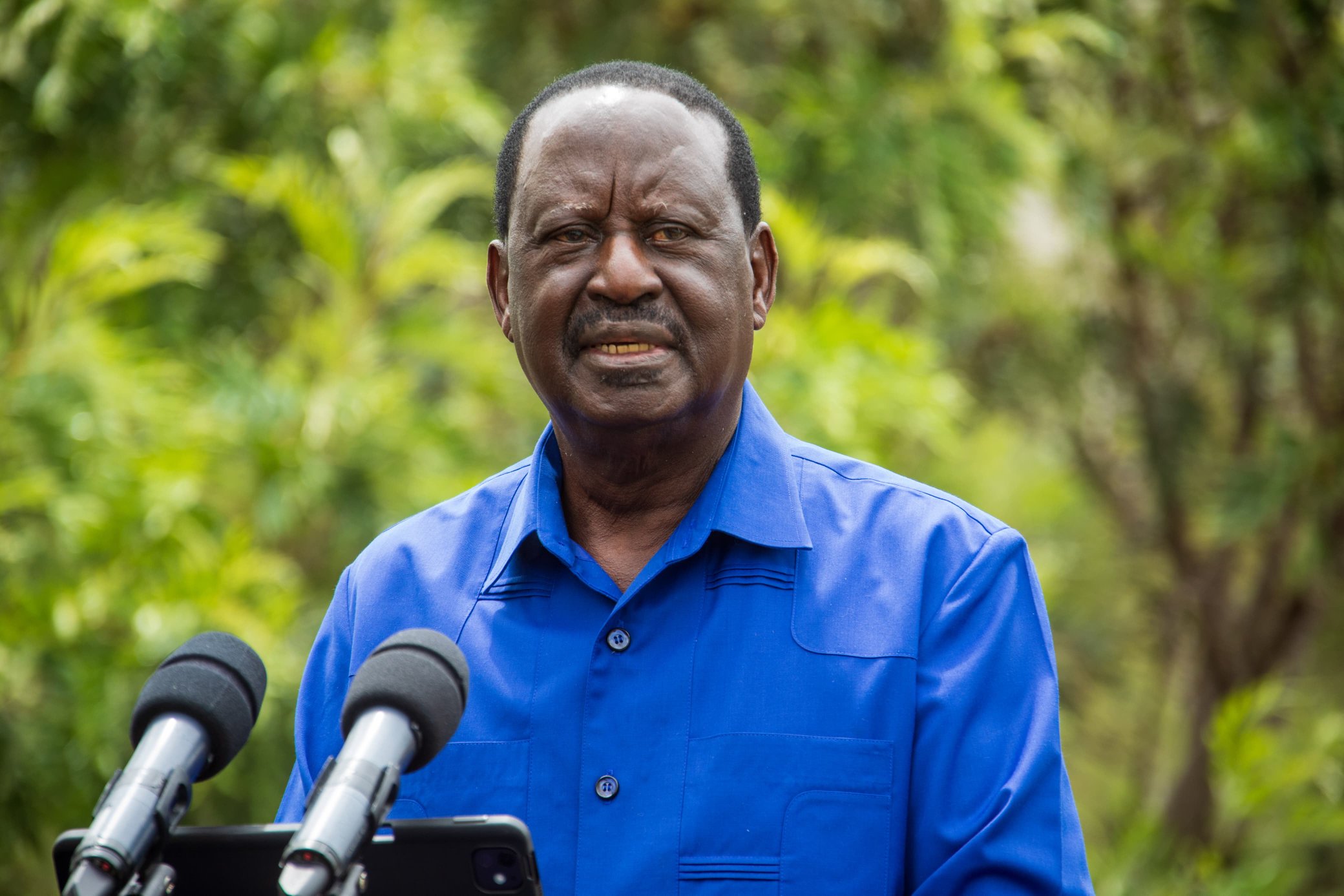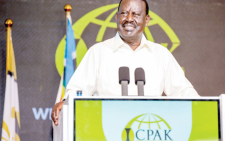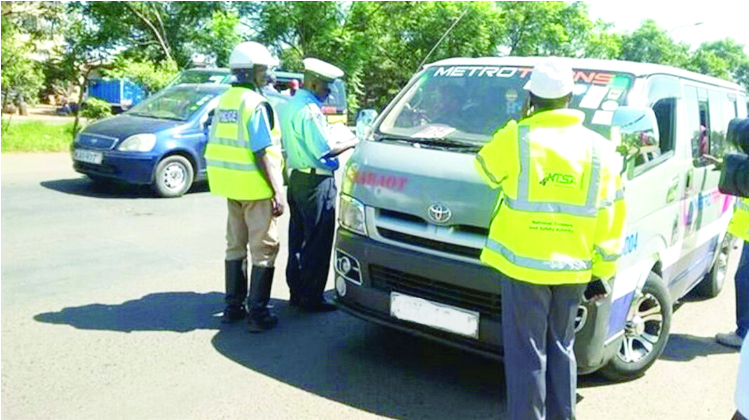Taifa 1 affirms role of space in Kenya’s development

Kenya last week successfully launched its first space mission. The goal of the mission is to use a small satellite developed by Kenyan engineers to gather vital data that will help the country improve food security, management of natural resources, environmental conservation and national security, among other benefits.
The launch also effectively signals Kenya’s transition from being a passive actor in matters of space to active exploitation of the celestial resource for national development. The history of space activities in Kenya dates back to the early 1960s with the establishment of a satellite launch pad in Malindi by Italy with the permission of the Kenya government.
But despite hosting an international satellite launch and tracking facility, Kenya lacked a coherent policy and institutional framework to develop its space sector. The launch of Taifa 1 therefore heralds a new era in actualising Kenya’s goal of integrating space science and technology in socio-economic development.
Since the establishment of the National Space Secretariat in 2009, there have been attempts to create a vibrant indigenous space sector to spur the development of a knowledge economy underpinning the Vision 2030, a position well-articulated in the Kenya Space Policy (KSP) 2015.
The policy calls for the “development and application of indigenous space technologies” and recognises the latter as “an ideal platform to support the development of a knowledge-based economy.” The document also advocates Kenya’s “transition from a passive user of space into a contributor to the development of space technology.”
The Kenya Space Agency (KSA) was established in 2017 to replace the National Space Secretariat and to coordinate, regulate and develop the space sector. Taifa 1 is a project of KSA, putting the agency at the heart of developing knowledge-based, data-driven solutions to pressing problems facing the country and the region such as climate change.
The rich trove of data acquired by the mission will be analysed to inform better and more accurate decision-making in critical sectors like agriculture, forestry, infrastructure, energy, security and disaster management. Timely, reliable data is imperative in managing evolving situations like insecurity and natural hazards like droughts, fires and floods.
KSP envisions the space sector contributing to the realisation of the industrial economy in line with the Vision 2030. In addition, the sector will contribute to the creation of a knowledge-based economy driven using innovative technologies like nanosatellites to collect valuable data on the planet.
A vibrant, well-organised and coordinated space sector is central to the knowledge economy by supporting data-driven strategies to solve human challenges. Attaining a high level of synergy between space and the knowledge economy requires strengthening local capacity and capability in aerospace science and engineering to optimal scale. Not that we don’t have the expertise (Taifa 1 clearly demonstrates we do) but in addition to the technical skillsets, as a country we must invest heavily in the right infrastructure and institutional architecture to sustain long-term growth of the space sector.
Also, we must choose our space priorities wisely and focus on solving pressing problems facing our people. Acquiring much-needed data on how our weather, water bodies and forests are behaving will help our farmers plan better for future crop seasons. Using Earth Observation data, we can adopt precision agriculture to boost food security. There is so much we can achieve as a country by harnessing satellite technology.
I have looked at the KSA Strategic Plan for the period 2020-2025 and picked several interesting ideas. One such is the use of space technology to improve service delivery by the national and county governments through what KSA terms as “space-enabled services.” The space industry has a future in Kenya.
—The writer is a policy and legal analyst /kingorichoto@gmail.com












